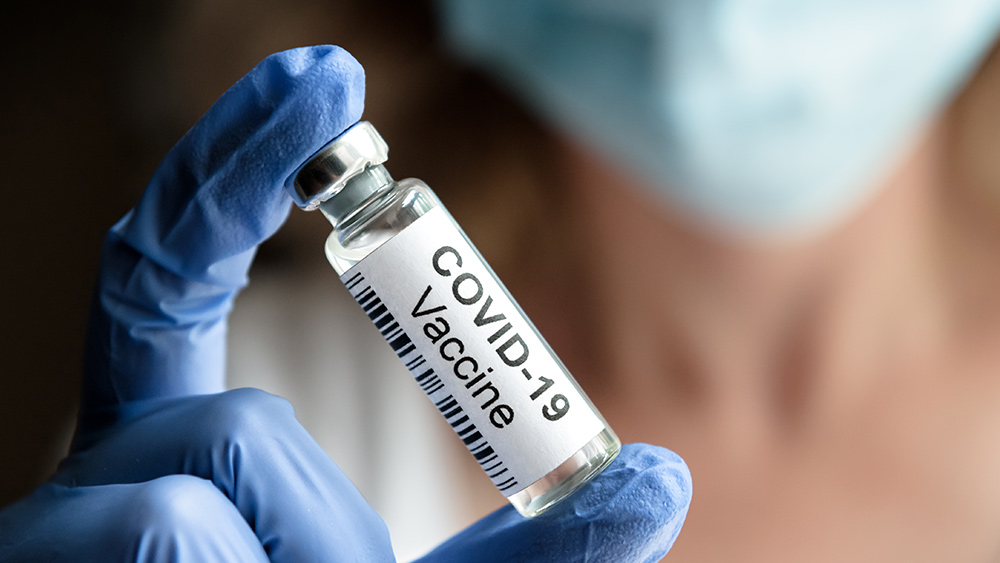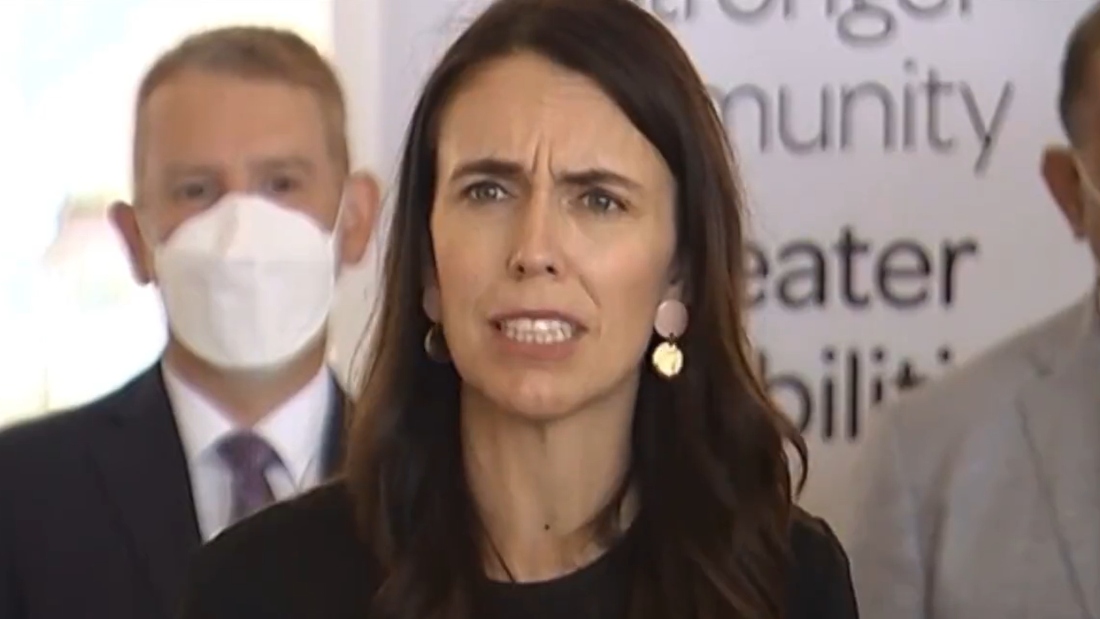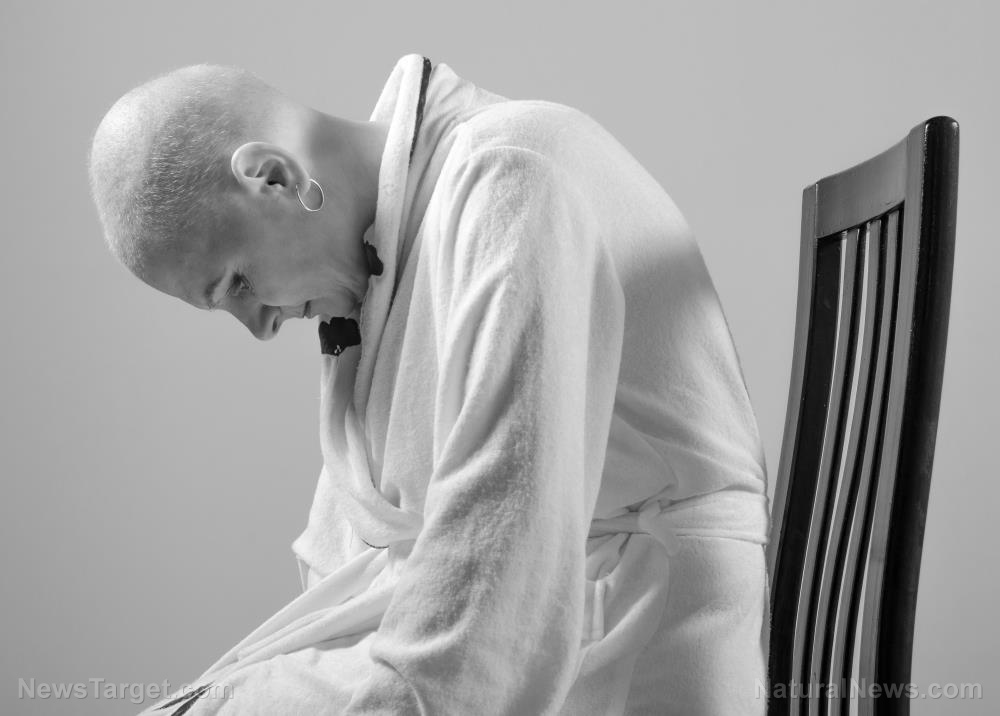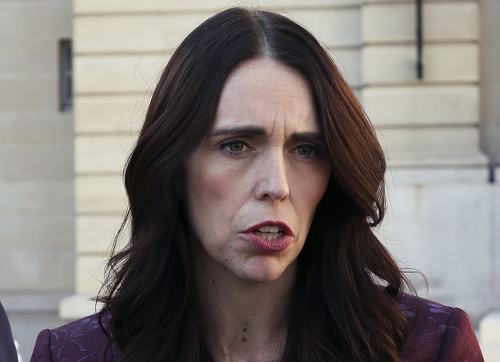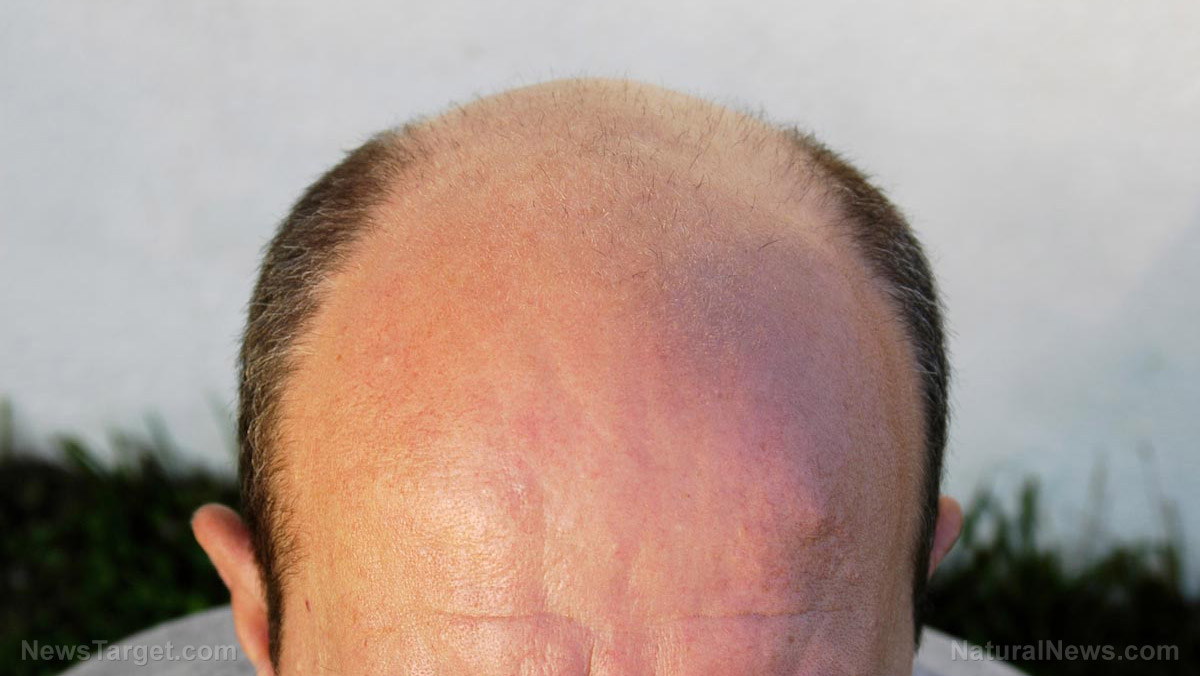Hospital hazard: Rookie doctors can now be forced to work 24 hour shifts
03/19/2017 / By Dianne Wiley

When a person is taken to the hospital for any reason, be it a broken bone or the birth of a baby, the last thing they want to worry about is if their doctor is rested enough to care for them. Beginning this summer, new guidelines will require that first-year medical residents work in 24-hour shifts. This is an increase from the current 16-hour shifts they are being forced to endure.
Supporters of this change claim that it will help further training and prevent a student from leaving in the middle of a case, allowing them to see a patient from beginning to end. Opponents of this measure say it will do just the opposite and will lead to mistakes that could potentially be fatal and could be easily avoided with proper rest and nutrition.
Currently, first-year residents work 16-hour shifts and are recommended to take “strategic naps.” Adding an extra eight hours on to an already grueling workday could prove fatal to patients. This was seen in New York in 1984 when the death of an 18-year-old college student under the care of residents put medical students into the national spotlight. Medication errors and inadequate supervision were the reasons cited in the case, but it also helped raise awareness to the number of hours residents were expected to work. This, in turn, led to new legislation limiting the number of hours per work shift.
Now, the Accreditation Council for Graduate Medical Education, who first proposed removing the 16-hour cap are pushing for longer hours for more than 120,000 students currently in medical school. Dr. Samantha Harrington, a first-year resident says that 24-hour shifts are too long, as even with a 14-hour schedule she has difficulty staying awake to drive home. Dr. Harrington is a member of the Committee of Interns and Residents, a union group who are wholly opposed to the proposed changes. The American Medical Student Association is also against the increase in shift hours.
In 2003, the Accreditation Council for Graduate Medical Education implemented national standards for a 24-hour workday and a maximum of an 80-hour work week. In 2010, that was shortened to 16-hour work days for first-year residents only after concerns for the safety of sleep-deprived students and their patients were raised.
The reasons behind the removal of the time cap have been cited as short-changing the residents, as they are not able to complete cases or surgeries if their 16 hours are up, having to abruptly change hands in the middle. Other reasons given are that it will improve training flexibility and enhance teamwork.
As quoted from Yahoo News, “Harrington says the grueling hours are ‘based on a patriarchal hazing system,’ where longtime physicians think ‘I went through it, so therefore you have to go through it too.'”
Is this any reason to put our lives and the lives of our loved ones at risk? How are we to know if the doctor is nearing the end of their 24-hour shift and exhausted? Are we really willing to endanger ourselves so they can prove that it is possible to do this? Depending on their health, the average person can go 16 to 20 hours without sleep before feeling negative effects, and we are asking the ones in charge of life and death decisions to go much longer than that while still retaining their full mental capacities.
I think that that is too much to ask of any one person, let alone hospitals filled with residents. Hopefully, the resolution is found before this takes effect this summer.
Read more about the effects of sleep deprivation here: Science.NaturalNews.com
Sources:
Submit a correction >>
Tagged Under:
doctors, medical residents, sleep deprivation
This article may contain statements that reflect the opinion of the author

